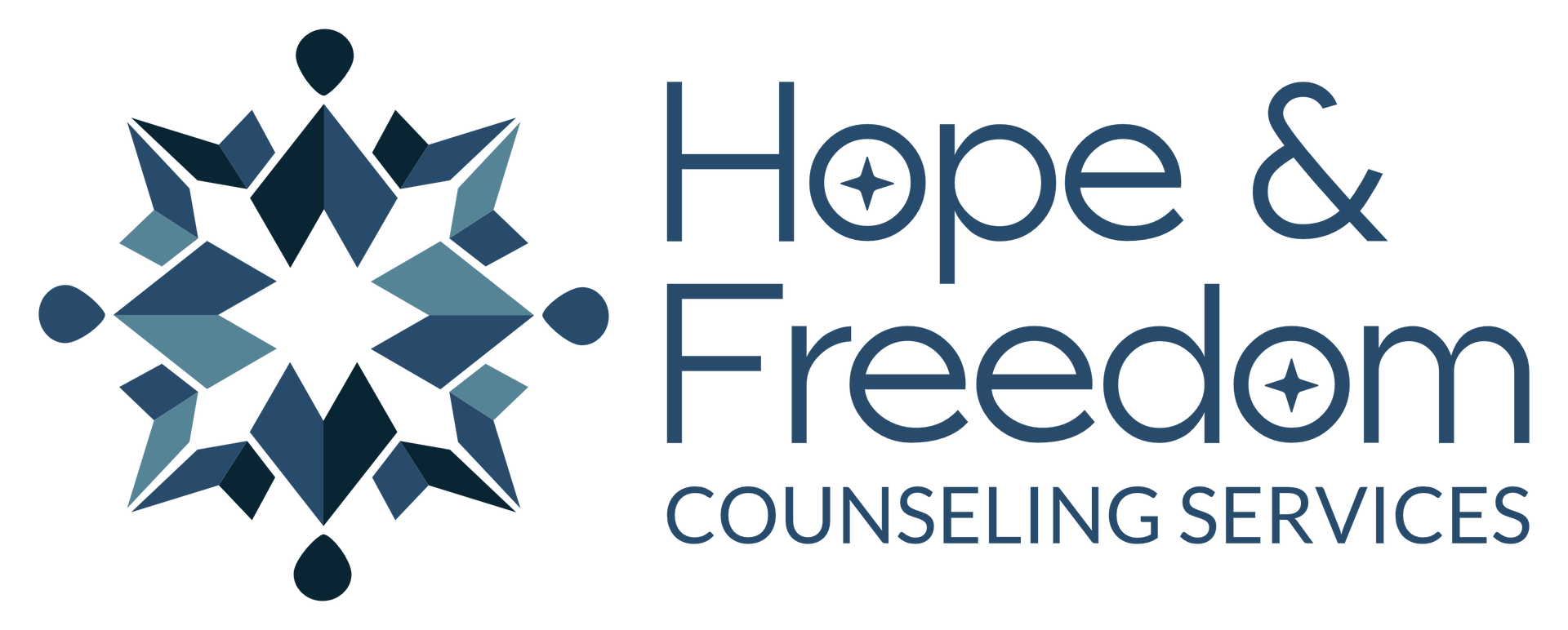Why Is the Internet So Addicting?
Lust, sexual attraction, and arousal are as old as mankind, so why has something that is a natural part of the human experience become such a problem for millions of Americans?
Online Access to Pornography Has Changed Everything
Today’s technology makes it very easy to access sexually explicit content using the Internet.
According to an article from Fight the New Drug, in 2020, mobile devices made up 84% of all Pornhub’s traffic worldwide. The data company Statistica published a report that 20% of all mobile searches are for pornography.
Users don’t have any trouble finding adult material online, because at least 4 million websites on the internet feature pornographic content, about 12% of all websites. According to a report published by Ballard Brief, “If 1 person only visited pornographic websites, it would take approximately 84 years to access all the pornography websites on the internet.”
Porn is available through desktops, smartphones, iPods, iPads, laptops, and even gaming consoles.
With so many ways to access it and so many places to go to find it, it’s no surprise that there’s an increase in internet sex addiction.
But Why Is the Internet So Addicting?
Individuals who struggle with compulsive sexual behavior disorder, or sex addiction, sought out ways to act out long before the Internet, but all of this online access has only exacerbated the problem.
The internet promises immediate gratification, endless content, social connection, personalization, gaming and gamification, escape, notifications and feedback loops, infinite scrolling, autoplay videos, and more, all of which is designed to entice users to stay on the internet longer.
All of this taps into our brain chemistry. Online activity triggers the release of dopamine, a neurotransmitter associated with pleasure and reward. It also activates the nucleus accumbens, which is activated during pleasurable experiences. Over time, online activity can change the prefrontal cortex and impair an individual’s ability to regulate their online behavior.
The internet’s design can contribute to habit formations in the region of the brain known as the basal ganglia.
All of these factors combine to create a potent cocktail that rewards internet use.
What Is Porn Addiction?
The late Dr. Al Cooper once said there are some people who meet the criteria for sex addiction diagnosis that would never have become addicted if it wasn’t for the Internet.
Porn addiction is a manifestation of compulsive sexual behavior disorder, or sex addiction, characterized by a person’s inability to control or limit their consumption of pornography.
A porn addiction has less to do with the types of activities a person engages with online and more to do with how those activities are impacting a person’s life. These behaviors become a problem when there’s:
excessive consumption: spending so much time watching pornography that it interferes with your daily responsibilities, work, or social activities loss of control: you can’t cut down or control the amount of time you spend on pornographic material, even though you want to neglect of responsibilities: other tasks and relationships start to take a backseat to consuming pornography escalation: it takes more explicit or intense forms of pornography to achieve the same level of arousal failed attempts to quit: you keep trying and failing to cut down or stop your use negative impact on mental health: consuming porn makes you feel distressed, anxious, or depressed continued use despite negative consequences: even though you can see the negative effects on your relationships, mental health, and overall well being, you keep engaging in pornographic activities.
If any of these are true for you, internet pornography might have its addictive claws in your brain. But there is hope and there can be freedom from this addiction. Access our resources to learn more and find the help you need to battle this addiction and find true freedom.
If you are unsure whether your pornography usage is indicative of a deeper issue, take Hope & Freedom’s brief self-assessment, “Are My Sexual Behaviors Problematic.”
Currently the Diagnostic and Statistical Manual of Mental Disorders (DSM-5; Fifth Edition) (American Psychiatric Association, 2013) does not officially list many forms of sexual behaviors, including those that specifically use the Internet for sexual activity.




